Being a Black woman in America is a journey – one where love, identity, and self expression are constantly in conversation with society’s expectations.
I’ve had people judge me for who I date and how I wear my hair, as if those choices define my worth. Through these experiences, I’ve learned so much about myself and the world around me. And if I’m ever in doubt, I lean on other Black women for advice and to hear about their experiences. This is my story about love, identity, power – and yes, hair – and a taste of my conversations with other strong Black women I know.
On dating, interracial and not
When I dated a white man, I felt the subtle – and not-so-subtle – judgments from people in my community. It wasn’t loud or direct, but I could feel it in the way people looked at us or avoided the subject altogether.
After we broke up, a guy I knew from the fitness industry, who was tall, fine, and pretty much every girl’s type, came up to me and said “I’ve always liked you, but I thought you only liked white men.” The way he said it, like he didn’t feel good enough, caught me off guard. It wasn’t just about me, though; it reflected how deeply ingrained these assumptions are.
Then, there was a Black man I dated briefly. He was an interesting mix, light-skinned, a former NFL player, tall, muscular, and undeniably handsome. He also wore black every day, painted his nails, and had this whole metro-sexual vibe.
When I asked him about his type, he told me, “I like Black women, but Black women don’t like me.”
I couldn’t help but press him, “Why do you think that?”
He shrugged and said, “I’m different. It’s always been that way.”
At first, I felt for him, but when he later ended up with a Hispanic woman, I couldn’t help but wonder, “Do black women not like you, or do you just not like Black women?”
A quick scroll through his Instagram made it clear – most of the women he followed resembled his new girlfriend. It reminded me how layered the dynamics of love and race can be. People should be free to love who they want, but sometimes, those choices reflect deeper biases we don’t even realize we have.
Love isn’t confined to one mold, and neither is the “soft life” Black women deserve.
Christina Sims, my aunt and someone I’ve looked up to throughout my life, explained it so well when she said, “There’s this pressure to think you’ll only get that family dynamic if you date your race.”
Alyssah Hall, a former classmate I admire, also spoke about how some Black women feel they get more “princess treatment” in interracial relationships. But I’ve learned that the softness we seek doesn’t come from race, it comes from mutual respect and care, no matter who you’re with.
On hair
If love is one journey, hair is another.
For black women, hair isn’t just about looks, it’s tied to identity, culture and even survival. I’ve always had a unique relationship with my natural hair. It’s beautiful, but it takes effort and patience, two things I do not always have.
I’ll never forget the time I was talking to a guy I liked and he said, “I’d have to see your real hair.”
I froze. “Why? What does that have to do with anything?”
His comment felt like a challenge, like he was testing my authenticity, or as though it was a prerequisite to date him.
Then, there was the coworker who said, “Is that your real hair?”
Her tone wasn’t mean or malicious but it felt intrusive, like I was being put on display.
It made me want to wear my natural hair even more but I’ve been conditioned to rely on extensions.
“No,” I replied. That’s when she asked to touch it.
I’ve never been in that situation. I’ve only heard of it, and in that moment, I didn’t really know how to react.
I didn’t say “yes” or “no” but she proceeded to stroke her fingers through my hair. The sensation on my head traveled to my heart: Discomfort, and a bit of disbelief.
Other races wear extensions, and no one thinks twice about it, let alone finds it so fascinating they feel the need to touch. But when it’s us, when it’s Black women, it becomes a show – something exotic to be stroked, gawked at, or questioned. It was too much. In that moment, I felt both exposed and sort of objectified, my hair felt like some curious object of amazement. That day was a reminder of how far we still have to go, even in the most intimate spaces like work.
Extensions are my go-to as I navigate a busy life. They give me versatility and confidence.
Other Black women I know say the same.
“My hair style affects my image greatly. Not only does it boost my appearance, but it also boosts my confidence,” Sims, my aunt, said. “For me, my hair is a way to reclaim my beauty and tell my own story. Being a black woman feels like having a superpower.”
Jessica Baity, a friend from church, put it eloquently, “Knowing my ancestors overcame so much, there’s nothing I can’t do. It’s in my blood to win.”
Every day, I carry that spirit with me. It reminds me that, no matter the judgment or questions, I am enough, just as I am.

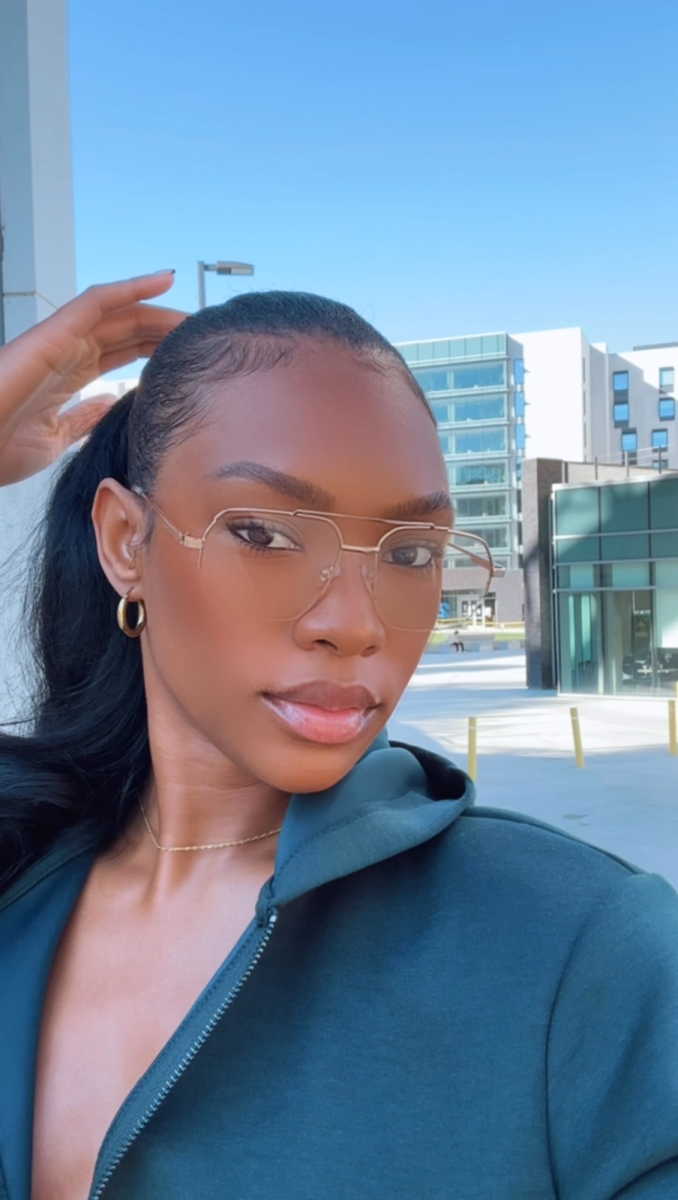






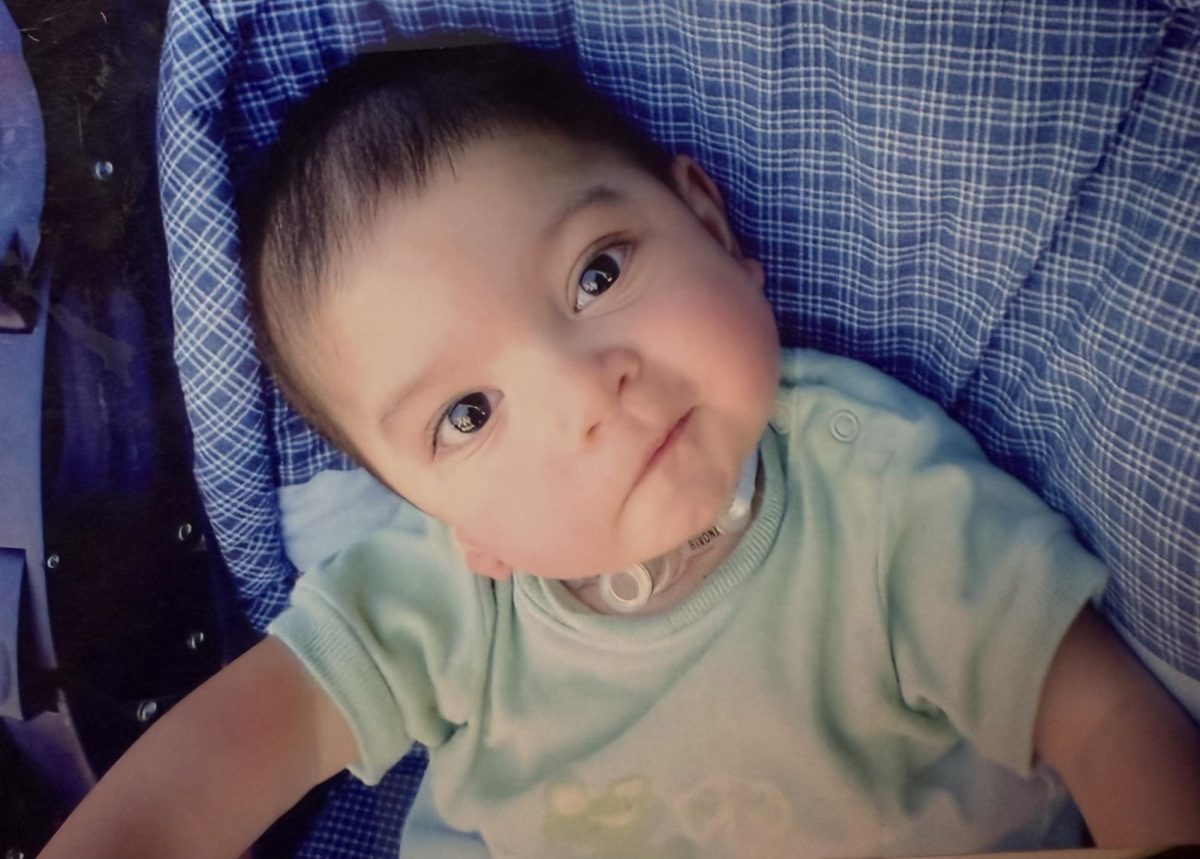
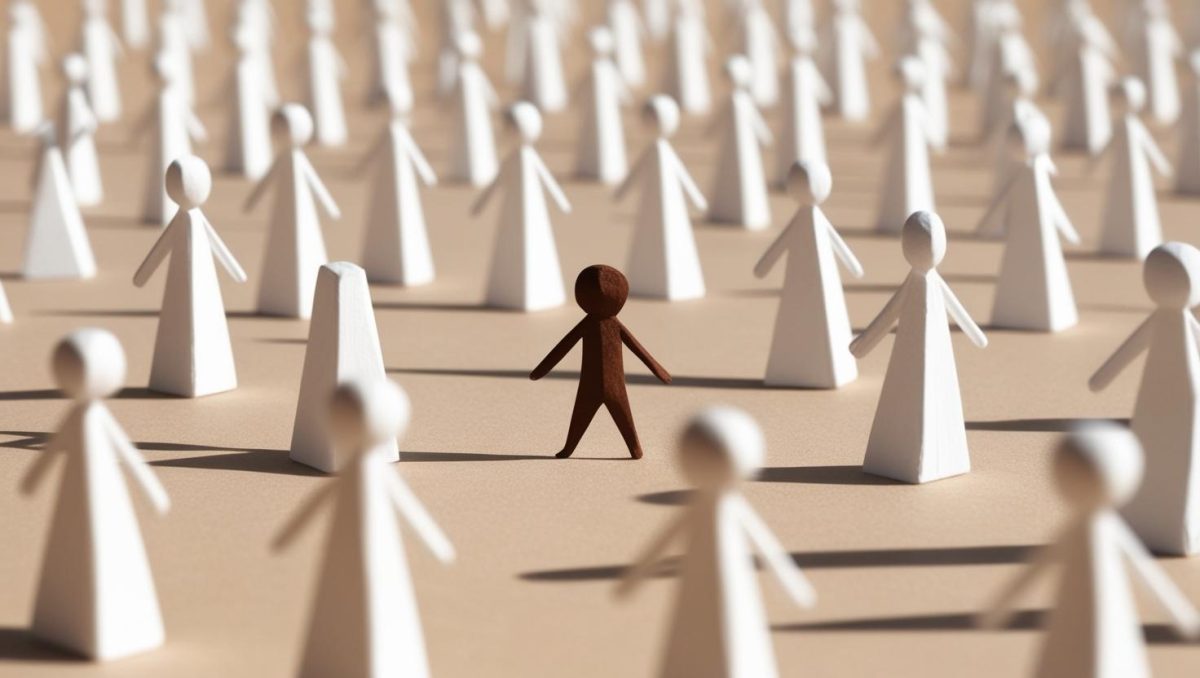
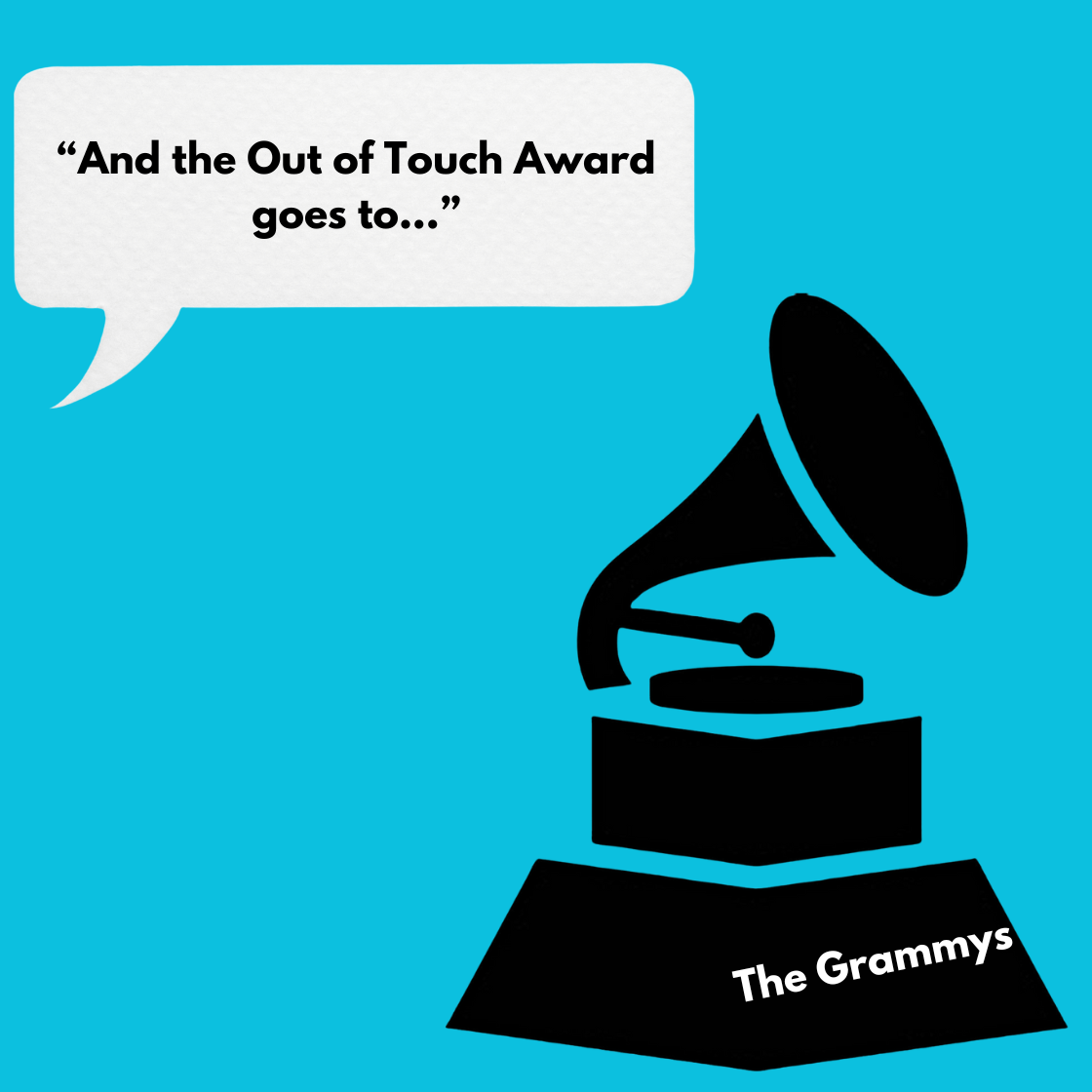
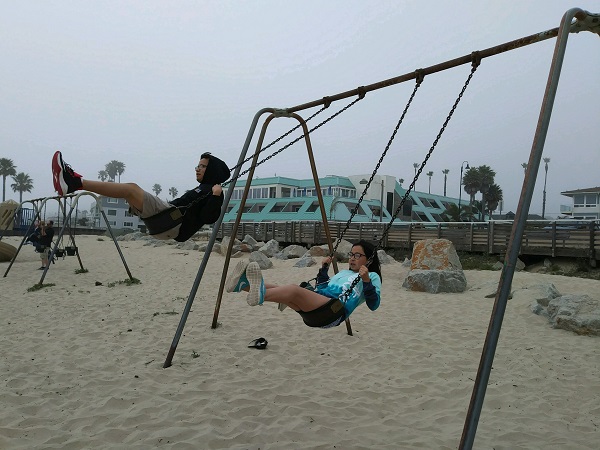

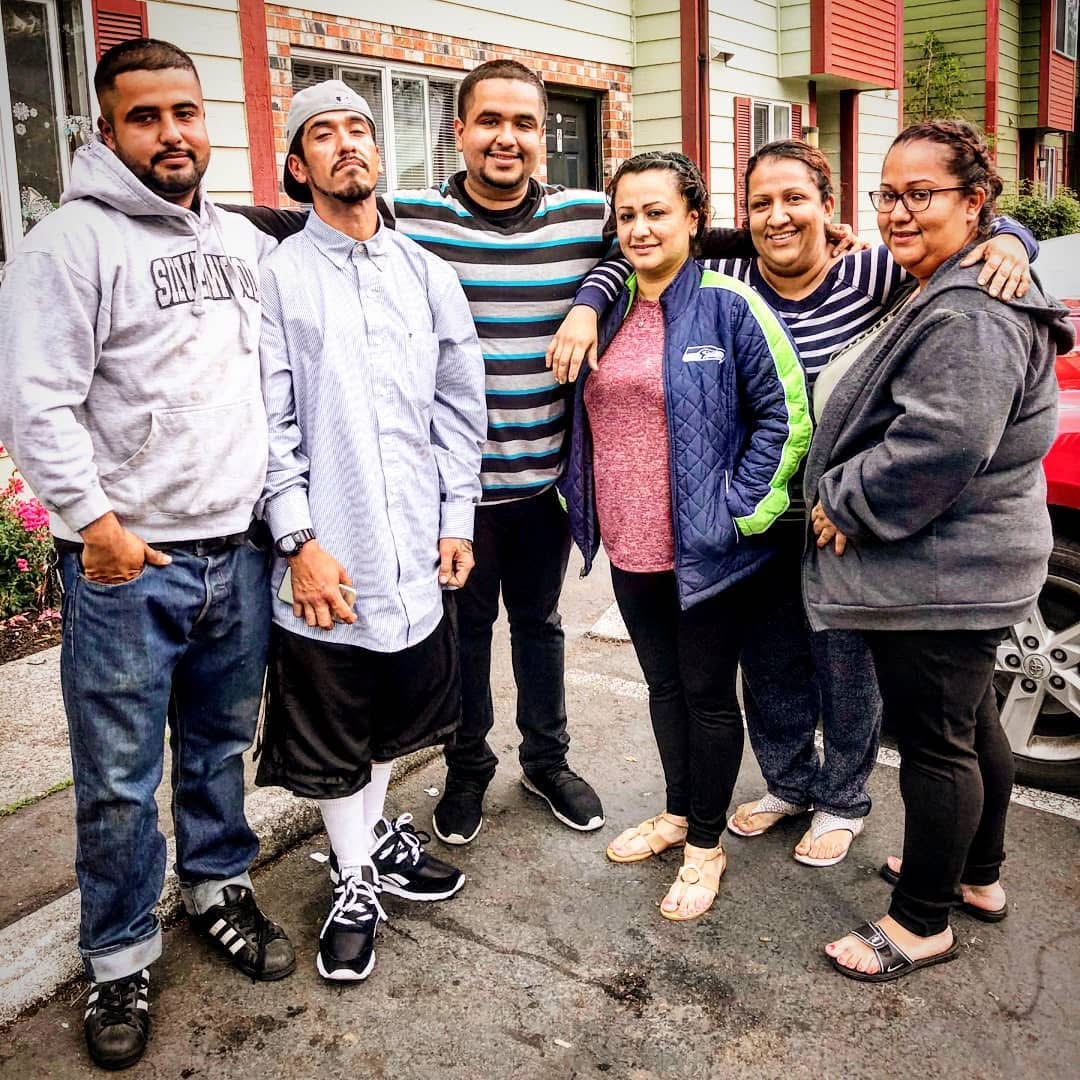
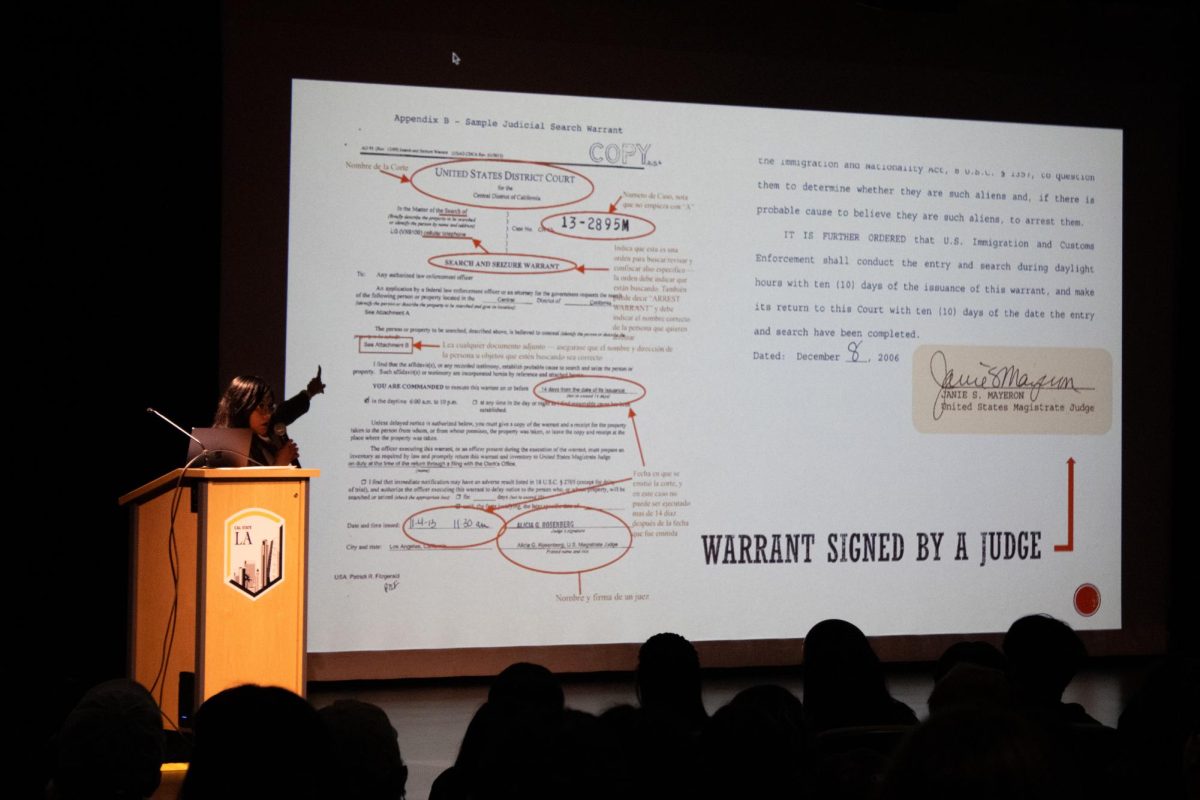
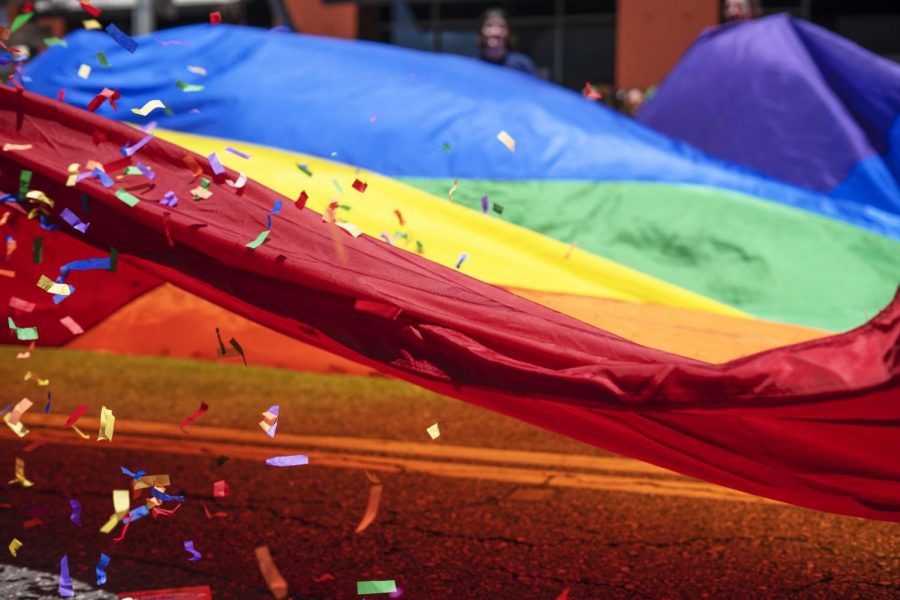

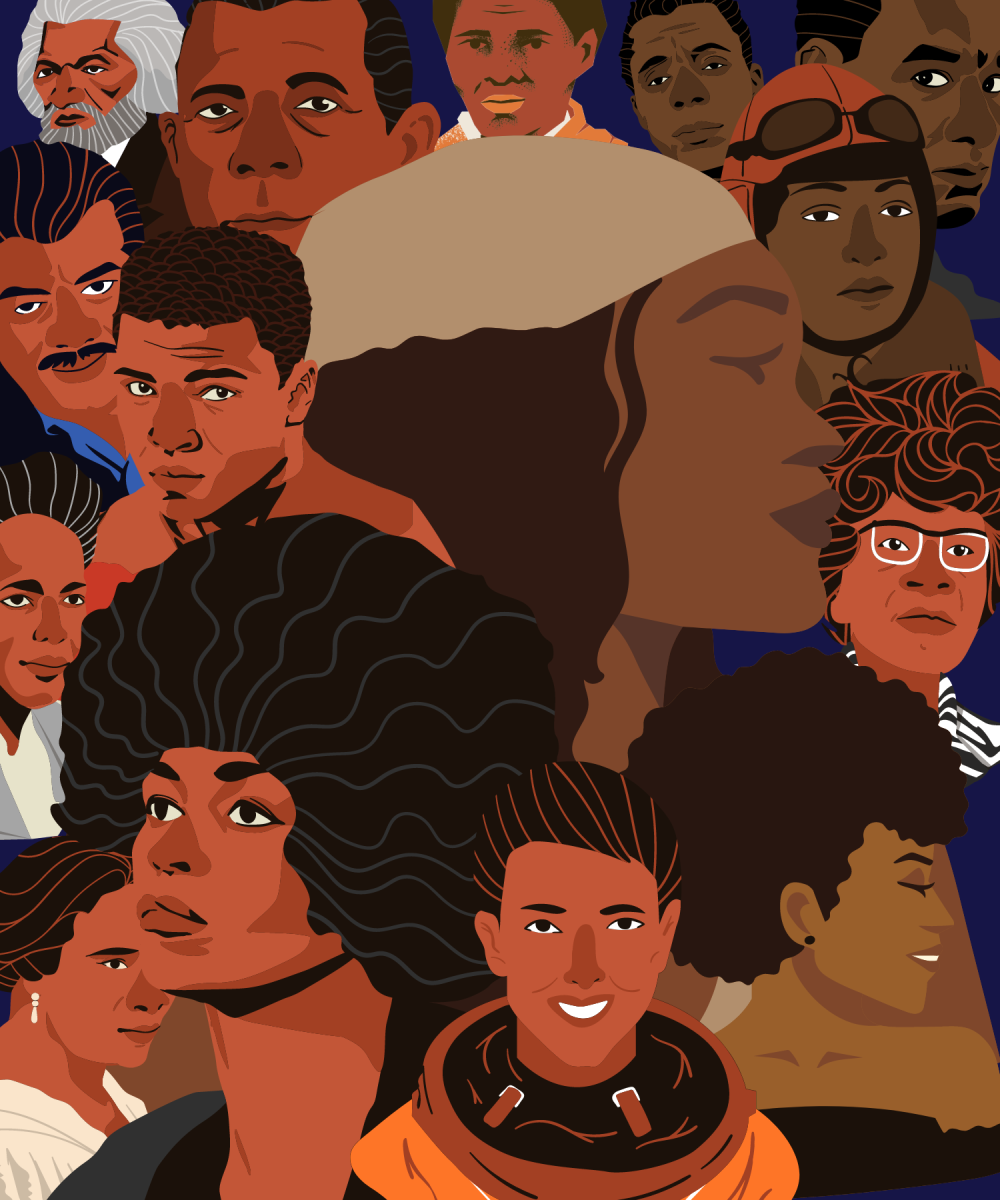
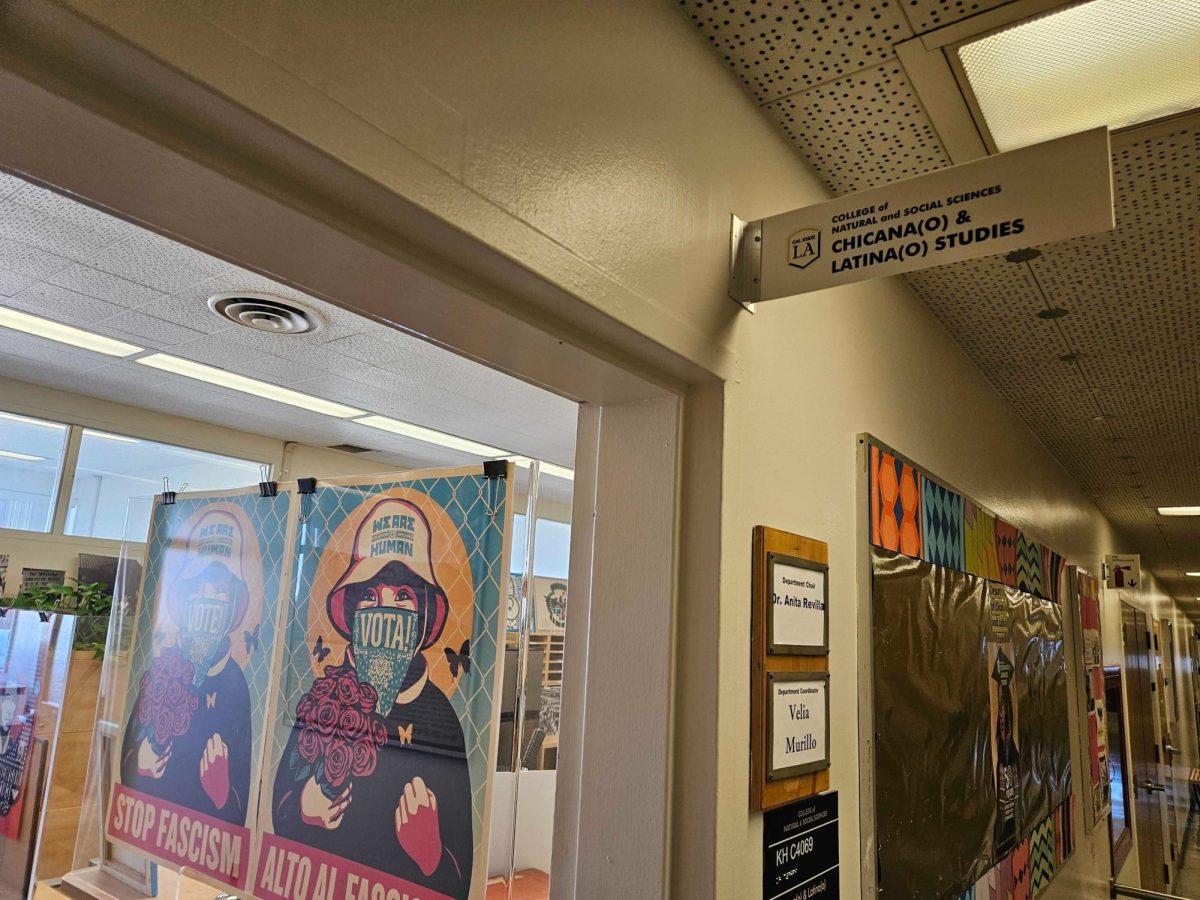
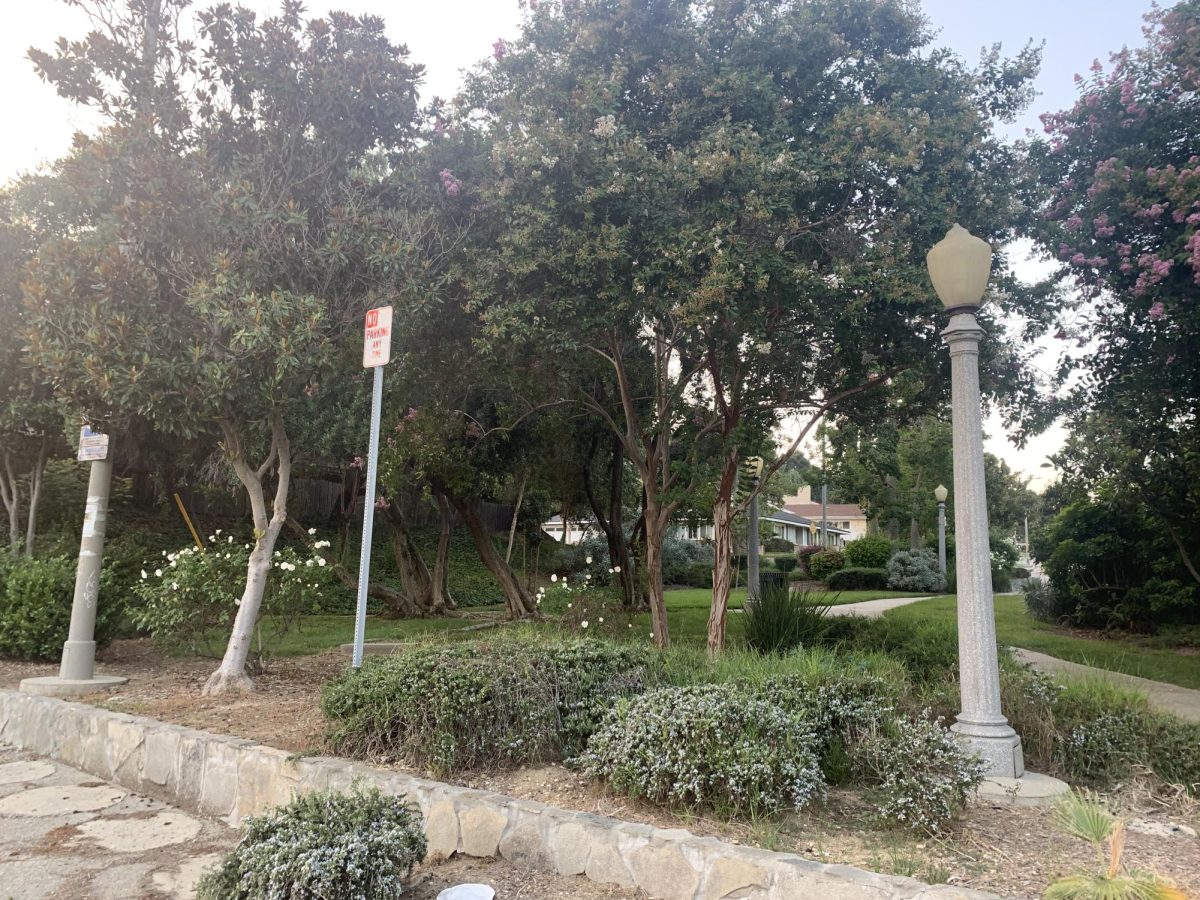
Sugar Brown Tinkerbell Doll • Sep 12, 2025 at 1:21 pm
Thank you so much for posting an article on this that isn’t so Debbie downer about being a black woman. Being a black woman is a huge blessing. We are created in the image of God just like all people. We do have unique experiences & circumstances but through it all we are overcomers. And Jesus, too, loves us, equally. God made us and loves us as we are. We are black, we are lovely. All things said, we are worthy. My prayer is that you find true love, no matter who you are.